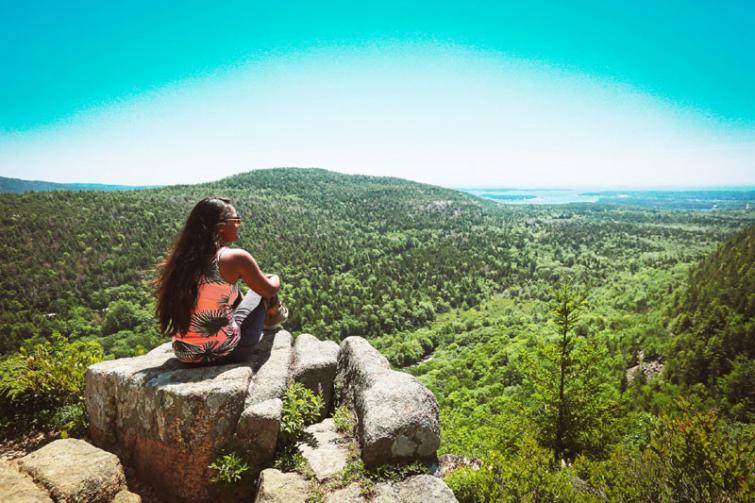
Coronavirus: Before and after
The Coronavirus pandemic raging across the world could be a watershed event in modern times as was the Black Death pandemic in Europe in the Middle Ages. Many things changed in the European society after it was over, as it surely will after the current pandemic ends in not too far a future. But questions are already being asked how this event will change the way we have been living, writes Ranjita Biswas
As Coronavirus rages on more or less forcefully across the globe, and scientists in desperate search for a vaccine cannot yet pronounce ‘this is it’, people cannot be blamed for echoing the words in the Blues track recently released by the Rolling Stones ‘Living in a Ghost Town’: Life was so beautiful, now we got all locked down/Feel like a ghost, living in a ghost town.
Meanwhile, speculation is also on as to how life will be after this nightmare is over. Sure, a vaccine will come, maybe after 18 months or two years as scientists assure. Until then adjustments to life in a new environment will have to be accepted whether one likes it or not.
Referring to the Black Death or bubonic plague that swept across Europe and England in the Middle Ages that killed more than one third of its population, historians say that it was a watershed event. Later, everything was categorized as ‘before’ and ‘after’ the plague. Will it be true of this century as well post-COVID 19 when examined in posterity?

Social interaction
Social interaction and behaviour could change its contour. As also social etiquette. For example, will the Indian way of greeting with a namaskar replace handshakes globally?
Professor W Ian Lipkin, the world’s foremost virologist who was also a consultant for the 2011 Steven Soderbergh film Contagion ( how uncannily prophetic it seems now with a storyline about a virus threatening the society) in an interview on an Indian television channel recently said it could.
A firm believer in the traditional Indian system of greeting instead of touching the other with a handshake, he said that it is more scientific. Perhaps it would be embraced, pun not intended, wholeheartedly in the coming days the world over.
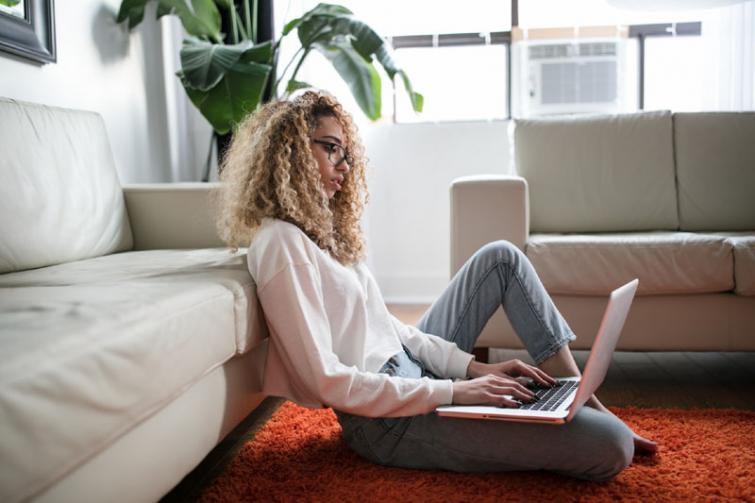
Worklife
Working from home (WFH) has been a norm for some time now after the virus attack. Many believe even after the pandemic reduces its fury the practice will continue for various reasons; logistical- the need to keep social distance, and psychological- for fear of infection from some hidden carrier. Even in India, a work environment which trusts more ‘in the office’ ambience compared to many western countries, there has been a new thinking. Already HR strategists in some corporate houses are reportedly framing policies to make WFH the new normal.
However, social behaviour experts and psychologists warn that this arrangement could also lead to a feeling of isolation. Employees meeting only virtually may feel disconnected. For those who live on their own without a partner or spouse, for whom the office atmosphere offers a welcome communication platform, this new arrangement could lead to psychological trauma.
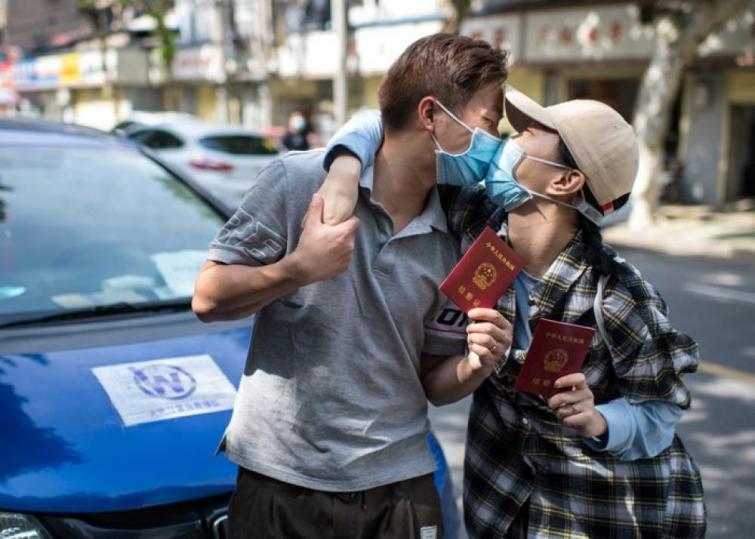
Relationships
Looking at relationships and interactions with people around, one wonders if the experience of realizing the frailty of lives post- Coronavirus people would be more compassionate. Or whether young people would be more aware of the senior members of the society. At present there are lots of help-in-hand activities going on initiated by young people to assist older people in the community lockdown time. But will it sustain? Hard to predict because human memory is notoriously short.
There are reports that after Wuhan, the epicenter of the virus, was opened up there has been a record number of applications for divorce. Not an optimistic comment on bonding flourishing under stressful times. In India as well as elsewhere, instances of domestic violence has been increasing in number and there have been multiple calls to helplines by women.
Business as usual?
The lockdown has hit commercial activities very hard, obviously. Countries like Italy and Spain, some of the hardest hit, are tentatively opening shops and stand- alone establishments. Yet, post Coronavirus many experiences will not be the same again, at least for some time to come. Shopping in malls which lately became a way of life with consumers in urban areas and even in India, may not be the same experience in the near future.
Already many malls are taking the lockdown period to plan the next strategy according to reports. Like doing away with trial rooms and encouraging consumers to try apparels at home so that social distancing, and letting consumers enter the premises at certain intervals can be maintained.
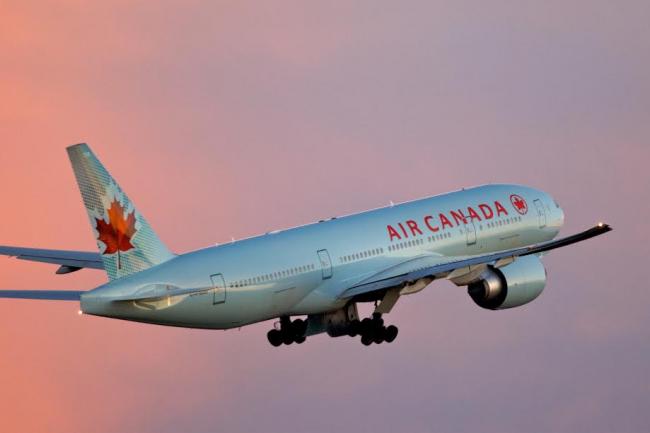
Same might be true of watching movies in multiplexes too. Popcorn and weekend outing? Wait! Who knows when it will be the norm again!
However much some in the tourism sector may try to sound optimistic, going for long-distance destinations for holidays for the average person would seem to be a ’no-no’ in the near future. Globetrotter Indians perhaps will rediscover locales nearer home to spend with family and friends.
Airlines which are tentatively planning of reopening are talking about keeping the middle seat in three-seater row vacant and some rows not for sale at all. Even then the aviation sector is not sure things will be the same for a long time to come reeling under a bleeding revenue sector. Experts predict some airlines worldwide will go bust and never recover and thousands of employees left without a pay cheque. In India, will it be the end of boom-time in air travel as affordable pricing lured away a large section of the middle income people from long distance trains?
Sports
There is talk that the Olympics might not happen even in 2021, postponed from 2020, if the pandemic does not subside. Tokyo organizing committee CEO Toshiro Muto said in a news conference (conducted remotely), “I don’t think anyone would be able to say if it is going to be possible to get it under control by next July or not.”
The future of tennis’s major events seems very fluid at the moment. Andy Murray, Wimbledon champion (2013) said recently on resumption of the tennis season, “.. right now, that is not the most important thing. First of all, we want to get our normal lives back. Then, hopefully, over time things will start to allow for travelling and sport will be able to go back to normal.”
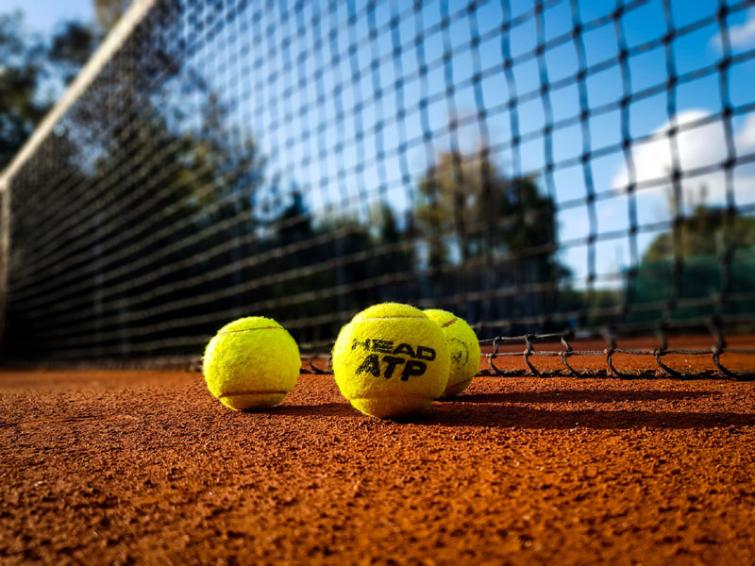
Football, basketball, in fact all other sports event organizers, and practitioners are going through the same dilemma.
The other challenge is, with the social distancing norm, until a solution is found, how will the layouts of stadiums be adjusted to the new format?
Whichever way you look at it, things are bound to change after this experience. Not since Spanish Flu after the end of First World War something on this scale has hit people. Also, at that time it didn’t sweep across the world being ‘not connected’ like today.
But there could be some plus sides too despite the health disaster. Thomas Friedman, three time Pulitzer Prize winning journalist and author of The World is Flat said in a recent interview via video conference on a Indian channel that the pandemic has exposed the weaknesses of our health system and governments are likely to invest more on the sector to be better prepared if something like this hits again.
Lipkin thinks it’s likely with many virus strains lurking around to strike humankind. Governments will have to invest more on Green technology. “Mother nature rewards the adaptors. Adaption will be a challenge but humankind will have take up that challenge if it wants to survive,” Friedman says.
Friedman also observed that globalization which has gone through phases is now at its Phase 4 stage now with virtual conferences, interacting through the cyber tools, etc. “Technology will only get better in this field responding to the time.”
One thing is for sure, the socio-economic effects of the current pandemic is going to be felt for a long time to come and not just immediately after when the virus chooses to go, or a vaccine is widely available in the world at an affordable price.
Support Our Journalism
We cannot do without you.. your contribution supports unbiased journalism
IBNS is not driven by any ism- not wokeism, not racism, not skewed secularism, not hyper right-wing or left liberal ideals, nor by any hardline religious beliefs or hyper nationalism. We want to serve you good old objective news, as they are. We do not judge or preach. We let people decide for themselves. We only try to present factual and well-sourced news.







